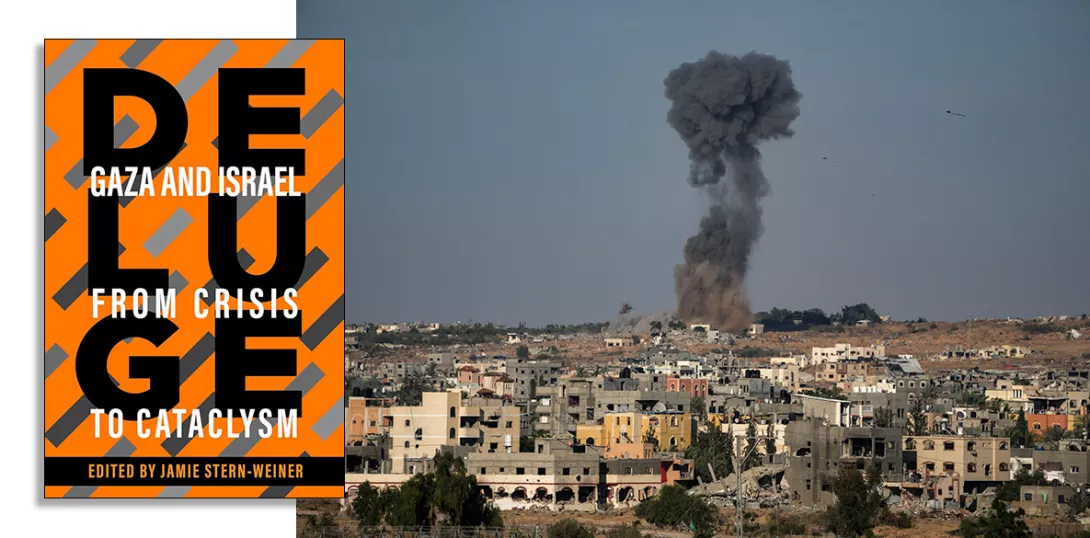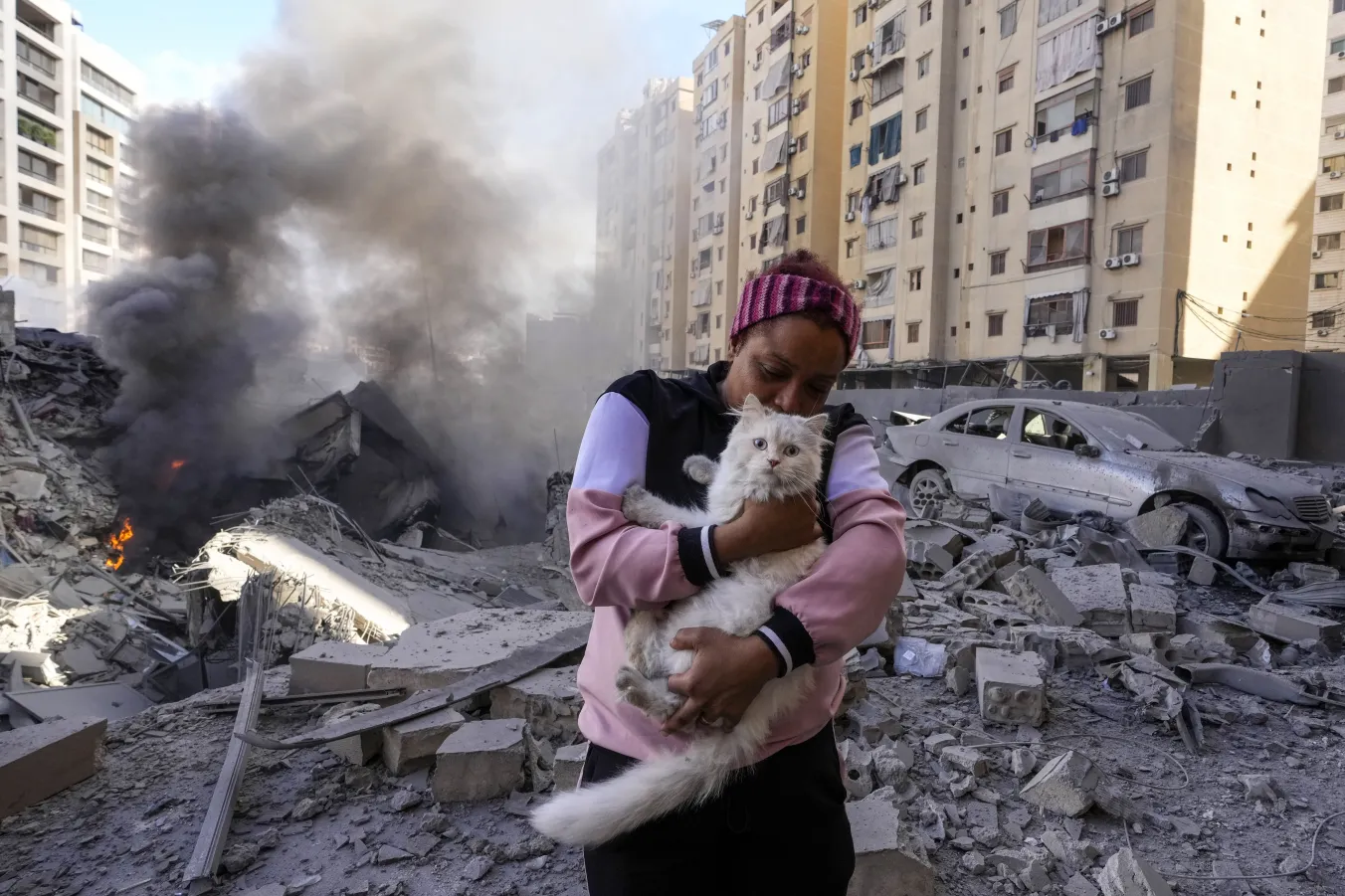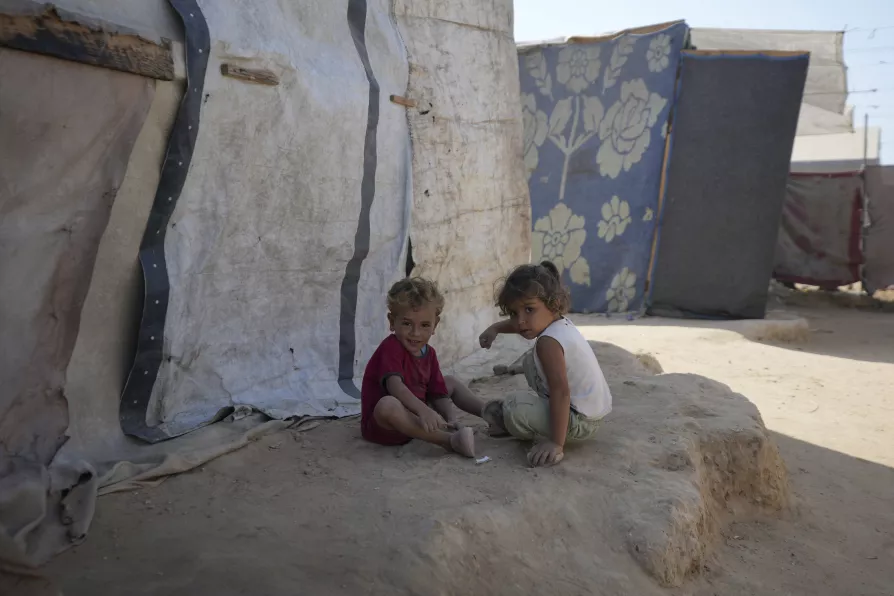
Deluge: Gaza and Israel from Crisis to Cataclysm
Edited by Jamie Stern-Weiner
OR books, £17.99
ON 7 October 2023, Hamas launched an extensive surprise attack (which it called al-Aqsa Deluge) against Israeli soldiers and civilians that was unprecedented in its ferocity and reportedly occurred without the knowledge of the group’s regional allies. Around 1,200 Israelis, the majority civilians, were killed while another 250 were taken hostage.
The subsequent weeks and months saw Hamas’s terrorism repaid by Israel’s extreme aggression as the latter launched an extensive bombing campaign and ground invasion, the brutality of which made all previous incursions pale in comparison.
Amid the confusion, anger and sorrow felt by Israelis and Palestinians in the days following October 7, many questions were asked about why Hamas launched the attack and how it managed to catch one of the world’s most sophisticated military forces off guard.

















